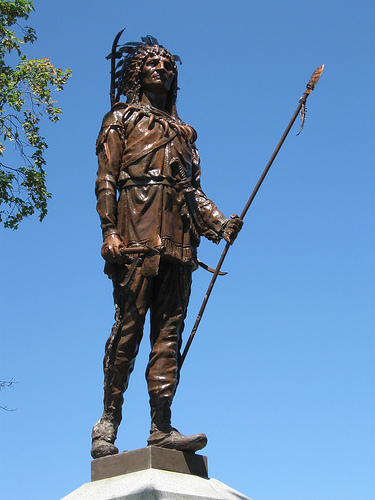History of Litchfield


Incorporated: 1734
Origin: This town is situated on the east bank of the Merrimack River and maintains its agricultural heritage to this day. In the 1600s Litchfield was known as Naticook, one of the many Native American Tribes under the rule of the great Chief Passaconaway. In 1656 King George granted the land to Billerica, MA. Residents of Litchfield in 1657 sold the approximately 8,000 acres to William Brenton, Governor of Rhode Island, who renamed it Brenton's Farm. In 1734 the town was separated from Dunstable, which had been granted by the Massachusetts government. Townspeople successfully petitioned Massachusetts for a charter and the town was named Litchfield in honor of the Earl of Litchfield, a relative of Governor Wentworth. A boundary dispute was settled in 1741, which marked Litchfield's incorporation into New Hampshire. The town was not incorporated under the New Hampshire government as Litchfield until 1749. Most of Litchfield's trading centered around the Merrimack River. Two major ferries operated on the river: Thornton's Ferry located at the town's center and Reid's Ferry located at the northern end of town. Much to Litchfield's disadvantage, the Concord Railroad ran through Merrimack in 1842, which significantly reduced the development of Litchfield's commercial industries.